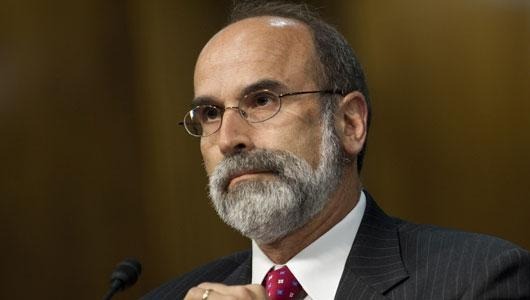Apple May Lose Monitor in E-Book Price Fixing Lawsuit
It’s something of an understatement to say that Apple’s relationship with its mandatory monitor was strained, and the company went to court several times to get rid of him. The Justice Department in a letter filed late Monday in Manhattan federal court said its recommendation was despite Apple’s “challenging relationship” with Michael Bromwich, who was named monitor after the iPad maker was found liable for conspiring to raise ebook prices.
The U.S. Department of Justice is satisfied that tech giant Apple Inc. “In arriving at our conclusion not to recommend an extension of the Monitor’s term, we ultimately give greater weight to the Monitor’s assessment that Apple has put in place a meaningful antitrust compliance program than to the hard path it took to achieve this result”, the government said. If Judge Cote elects not to extend the ECM’s term, Apple’s internal Antitrust Compliance Monitor will ensure the company continues compliance for at least another three years.
Apple told a United States district judge that its relationship with Bromwich was “rocky” but vowed to comply with the obligations the court system had imposed on it.
In its own statement submitted to the court, Apple said that it had acted in accordance with its rights under the law. Apple tried to challenge the appointment of Michael Bromwich as a monitor in May saying that he had overstepped his role. Though he has documented his concerns about transparency at the company, he said recently that the program was “substantially stronger than it was when the monitorship began”.
Bromwich was first installed in Cupertino back in October 2013, after Apple was found to have illegally colluded with five book publishers to raise e-book prices in a way that was deemed to have hurt Apple’s competition. He was tasked with assessing their policies and determining whether their training on antitrust rules was sufficient.








